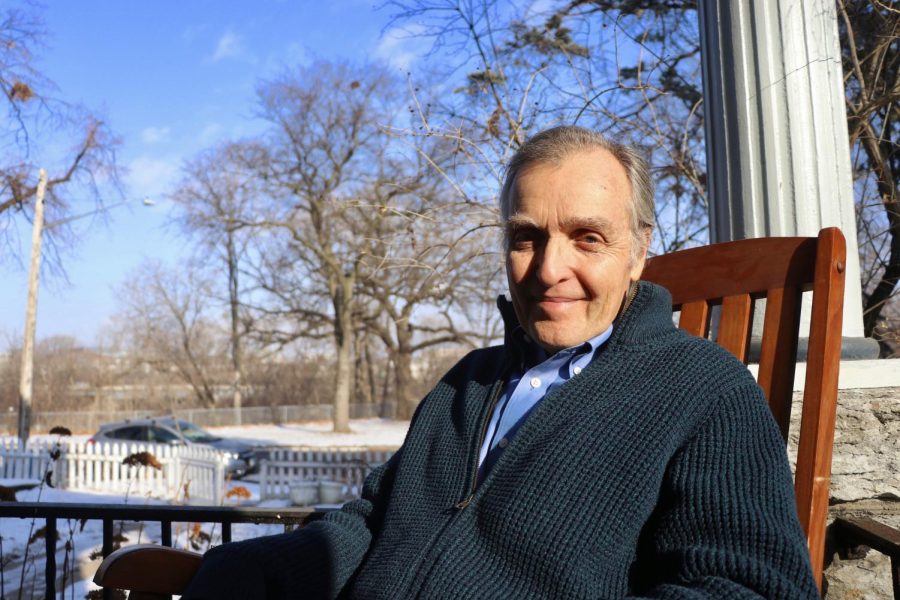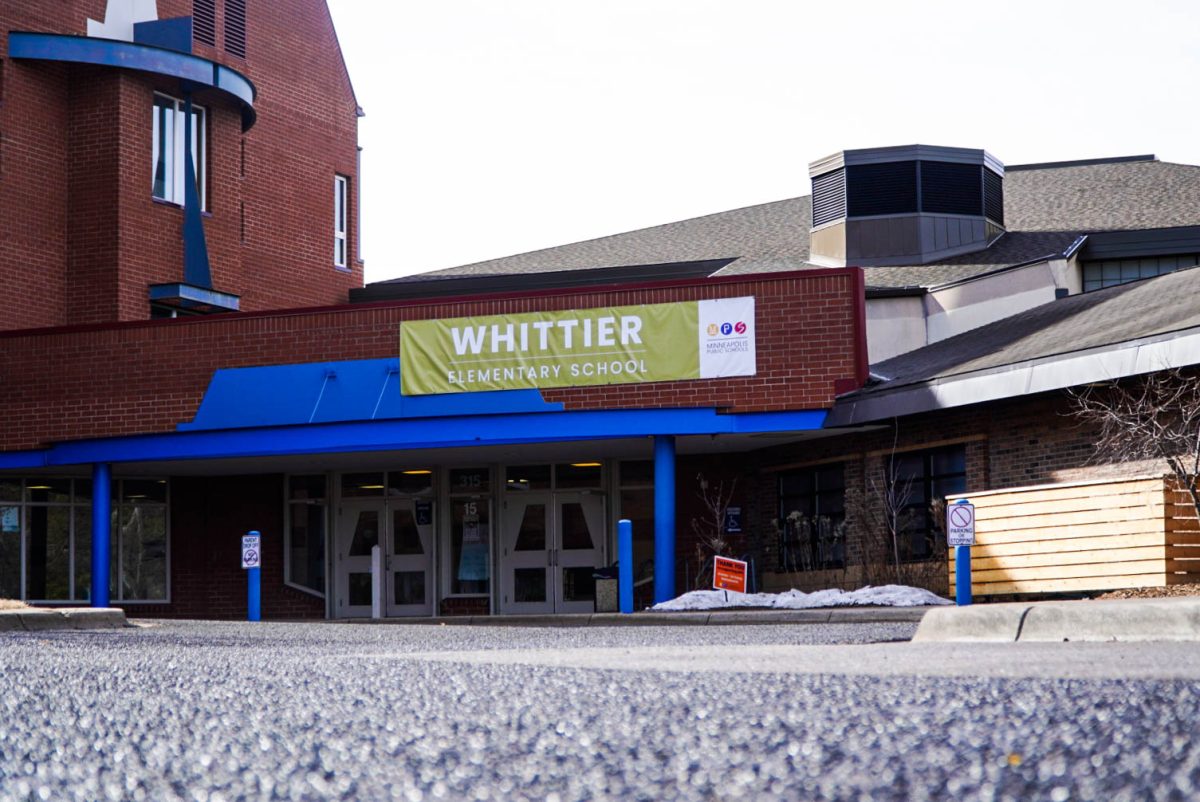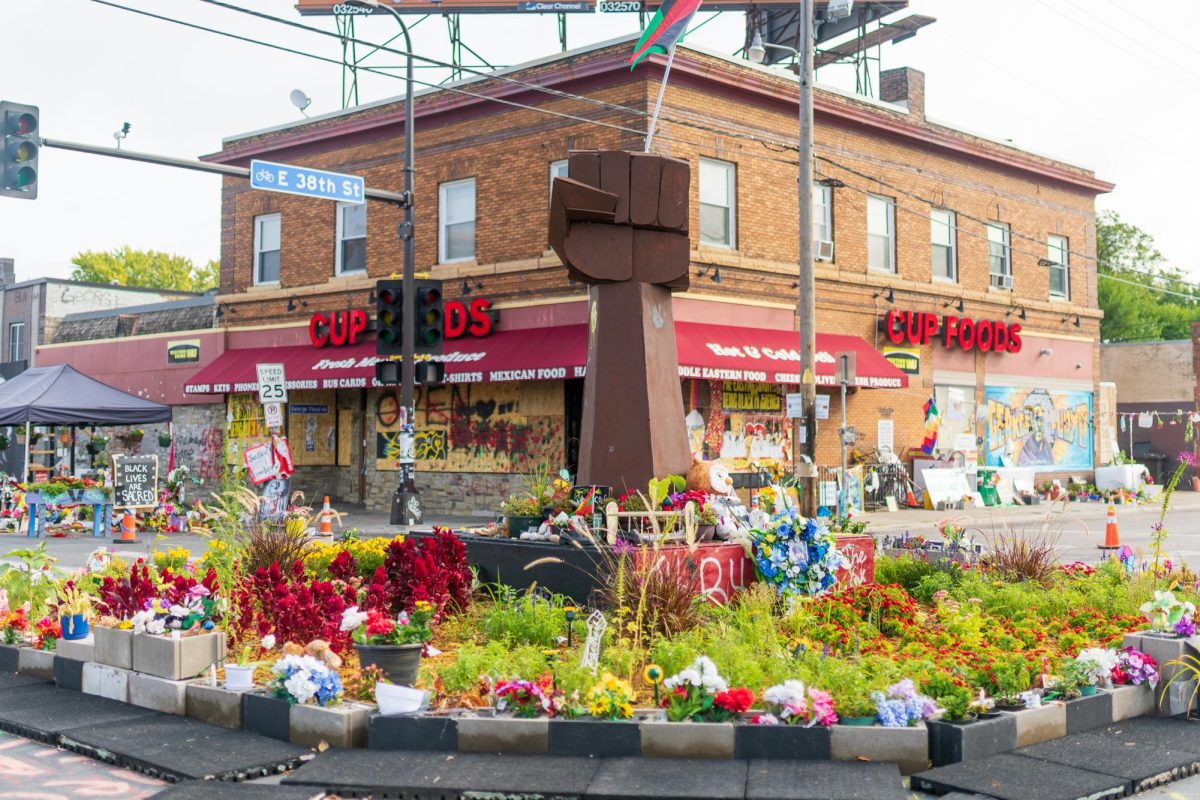When Cam Gordon took office 15 years ago, he said he expected to work as a City Council member for eight years.
“’I have to confess that I had never kept any of my other jobs this long,” Gordon said.
Over the years, Gordon has served on the Minneapolis City Council representing Ward 2. As a member of the Green Party, he said he prioritized racial and economic justice, health and grassroots democracy, and worked hard to exemplify those values.
Gordon worked to repeal laws on “lurking with intent to commit a crime” and a law that prohibited spitting on the sidewalk that disproportionately impacted people of color and those in poverty.
KJ Starr, the interim executive director of the West Bank Business Association, said Gordon has been accessible and rooted in the community.
“When he first got elected, he used to have office hours at Hard Times Cafe, which is an odd place to find your city councilperson,” Starr said.
Gordon continued to host office hours at coffee shops and parks within his ward, most recently holding meetings at Black Coffee and Waffle Bar and Dogwood Coffee Co.
Ben Brummel, president of the Southeast Como Improvement Association (SECIA), said he met with Gordon on a bench at Matthews Park once. Gordon was open to questions and they talked for around 45 minutes.
“That one-on-one, you don’t get that with elected officials, I can’t sit down with Joe Biden,” Brummel said.
What’s next for Ward 2
Looking back on his 15 years as Council member, Gordon said he felt he did not make enough change regarding the Minneapolis Police Department.
“One of the biggest frustrations was not making any progress really whatsoever on police accountability,” Gordon said. “It was very disappointing when we didn’t have the opportunity to create this new department with [question 2] not passing.”
Robin Wonsley Worlobah, the new Ward 2 City Council member, said that she wants to work together with people outside of city hall to bring about change.
“It’s time to have elected leaders that are grounded not only in the social movements that are happening on the ground, but are able to utilize their council platform as the amplifier of the political struggles,” Wonsley Worlobah said.
Wonsley Worlobah spoke about the ban of flavored tobacco products in non-tobacco stores in 2015 that Gordon co-authored. She said this was important and helpful to Black communities, especially since they tend to be impacted more heavily by flavored tobacco usage.
But she said Gordon could have gone a step farther in the bill.
“These corporations should be paying some form of reparations to those communities,” Wonsley Worlobah said. “I think that was also a potentially missed opportunity.”
Gordon’s fight for a neighborhood resident
In 2007, the 35W bridge collapsed, killing 13 people and disrupting the living space of a homeless couple, Marsha Harvey and her partner Chester, underneath the 10th Avenue Bridge. When workers from the federal government came in to repair the bridge, they said they needed the space where Chester and Marsha lived for their equipment.
Gordon helped set up an agreement with the city and the federal government so they could move their encampment elsewhere during construction and move back once it was finished.
“I was kind of amazed that the federal government and the state government and the city government all said, ‘That’s just fine. We’ll let them come back and live basically illegally,’” Gordon said. “They actually stayed there until they both passed away.”




















